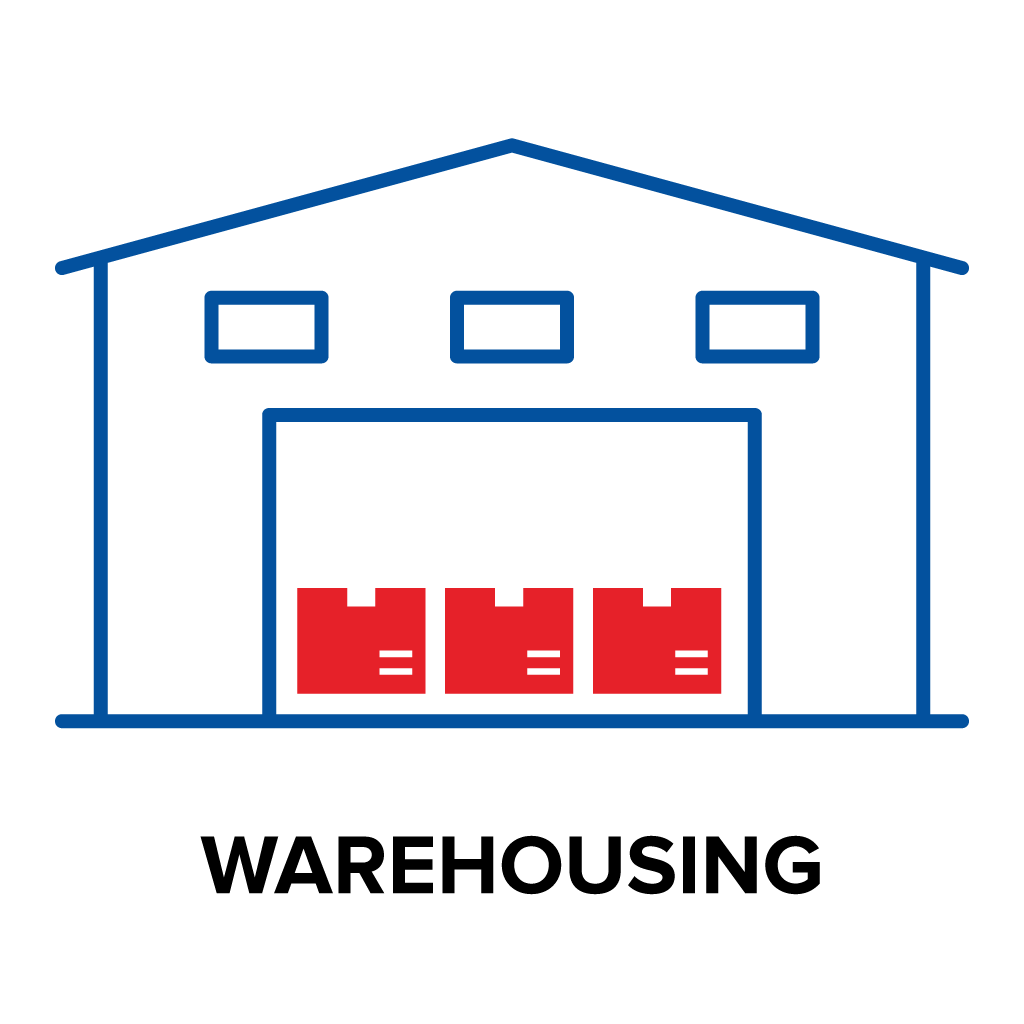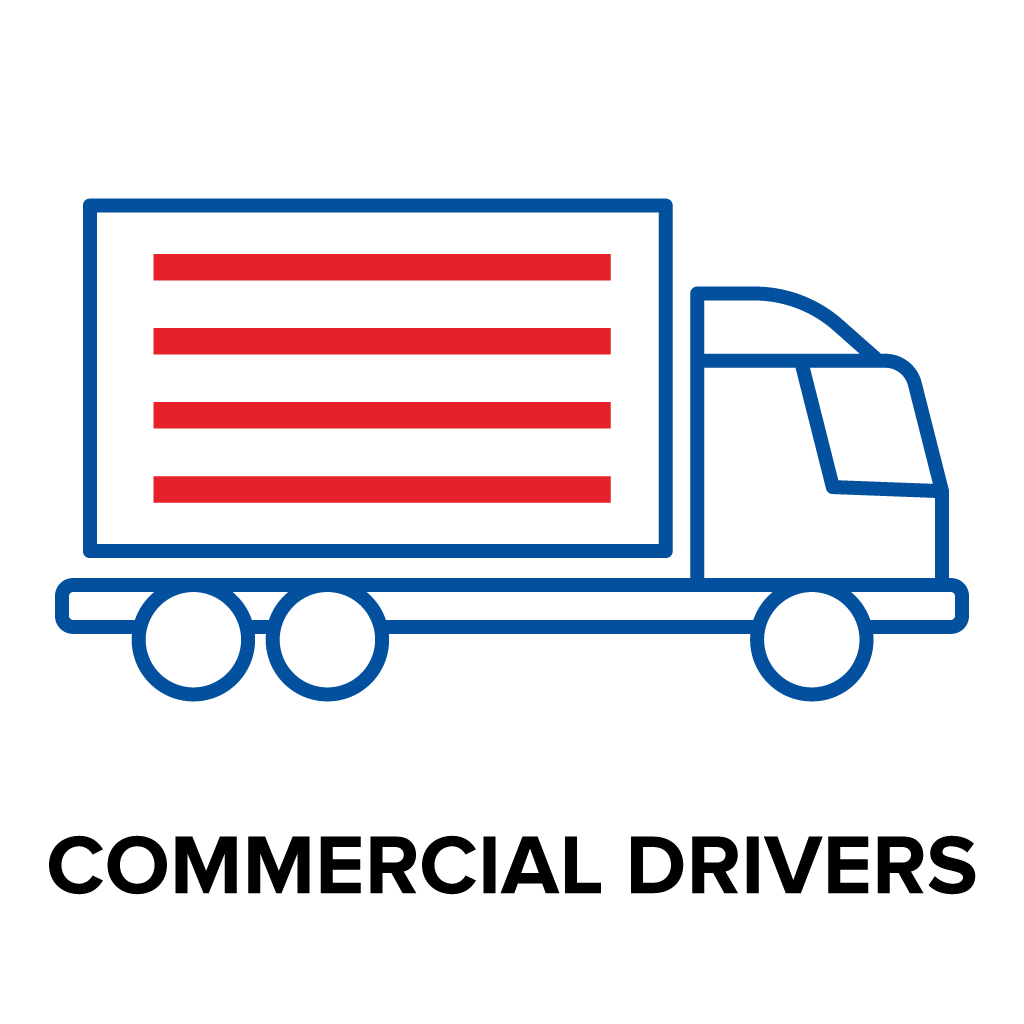Industries
Whether you are an Employer struggling to find staff or a Job Seeker changing careers; you can count on Tributary Staffing to deliver great candidates and opportunities for you to consider in the following industries:

Manufacturing
Manufacturing is the process of turning raw materials (metal, wood, chemicals) or parts into finished goods by using labor, tools, machinery, and/or chemical processing. Some examples of Tributary Staffing’s Clients who perform work in the manufacturing industry include; insulation, medical devices, auto parts, electronics, clothing, and pharmaceuticals.
The following are examples of manufacturing positions:
- Fabricator
- Manufacturing Technician
- Bookbinder
- General Laborer
- Processing Worker
- Machine Operator
- Production Painter
- Tool and Die Maker
- Woodworker
- Cabinet Maker
- Brazer
- Machinist
- Production Worker

Skilled Trades
Skilled Trades are occupations that require special skills, knowledge, or proficiency. These can be obtained through college, technical schools or through specialized training such as an apprenticeship. Skilled trades provide individuals with alternative careers that do not require four years of college.
The following are examples of skilled trades positions:
- Welder
- Machinist
- Mechanic
- Tool & Die Makers
- Electricians
- Plumbers
- Gasfitters
- Carpenters
- Bricklayers
- Technicians
- Insulators
- HVAC Technician

Construction
The Construction industry covers the process of building something. That could be roads, bridges, dams and of course all types of buildings. Construction can also cover maintenance, repairs, additions but also demolition.
The following are examples of construction positions:
- Carpenters
- Electricians
- Plumbers
- Painter
- Drywall Installer
- Tile Installer
- Concrete Finisher
- Brick Mason
- Crane Operator
- General Laborer
- Equipment Operator
- Pipefitter
- Ironworker

Warehousing
Warehousing is the operation of storage facilities for all types of products. This includes items such as general merchandise all the way to refrigerated/frozen goods. Warehouses are used by manufacturers, importers, exporters, wholesalers, customs, and any other business that deals with a physical product. Most warehouse positions tend to involve the use of motorized equipment to move goods or materials to and from various locations. Positions typically involve receiving and processing shipments and storing materials. Other positions involve picking and packing or other types of order fulfillment.
The following are examples of warehousing positions:
- Stocker
- Warehouse Worker
- Material Handler
- Loader
- Receiver
- Warehouse Clerk
- Forklift Operator
- Warehouse Specialist
- Shipping Clerk
- Merchandise Associate
- Picker/Packer

Distribution
Distribution is the process of making a product or service available to a consumer and is similar to warehousing but a little different. Distribution centers usually provide additional services such as packaging, product mixing, cross-docking, and order fulfillment.
The following are examples of distribution center positions:
- Package Sorter
- Dock Worker
- Picker Packer
- Warehouse Worker
- Order Selector
- Package Handler
- General Warehouse Associate
- Forklift Operator
- Loader
- Receiver
- Order Filler
- Fulfillment Associate

Logistics
Logistics is the process of overseeing how resources are procured, stored, and transported to their final destination or consumer. In simple terms, it is the management of the flow of goods/products between the point of origin and the consumer. It involves identifying distributors and suppliers who are effective and accessible so products may flow freely from point A to point B.
The following are examples of logistics positions:
- Dispatcher
- Logistics Associate
- Buyer
- Logistics Coordinator
- Travel Coordinator
- Procurement Analyst
- Operations Specialist
- Logistics Specialist
- Purchasing Assistant
- Contract Administrator
- Material Planner
- Fulfillment Specialist
- Inventory Management Specialist

Commercial Drivers
Commercial Drivers are required to operate oversized, heavy, or placarded hazardous material vehicles on public roads for a commercial purpose. This requires a commercial driver’s license (CDL) and means the person possesses the necessary skills and capabilities to operate these types of vehicles. There are three types: Class A, Class B and Class C. Individuals must meet certain licensing, testing and age requirements in order to possess the specific license. (Tributary Staffing doesn’t offer Class C positions)
The following are examples of commercial driving positions:
- General CDL A Drivers
- General CDL B Drivers
- Non-CDL Drivers (smaller vehicles not fitting the other definitions)
- Regional Drivers
- Boom Truck Driver
- Casual Drivers
- Dry Van Drivers
- Dump Truck Drivers
- Flatbed Drivers
- Food Service Drivers
- HAZMAT Drivers
- Line Haul Drivers
- LTL Drivers
- P&D Drivers

Assembly/Production
Assembly/Production is a type of manufacturing where materials or parts are added in a specific order by various workers to create a finished product. This could include the use of machines, hand tools, equipment, and workers where the product moves from one operation to the next until complete. Examples would include the assembly of furniture or the packaging of insulation. The process is commonly applied to products of mass production.
The following are examples of assembly or production positions:
- Assembler
- Production Assembly Technician
- Packaging Assembly
- Production Planner
- Assembly Worker
- Production Worker
- Medical Device Assembler
- Assembly Line Worker
- Production Team Member
- Production Associate
- Assembly Technician
Hospitality
Hospitality involves working in a service-oriented industry such as lodging, food/beverage service, theme parks, travel agency, tourism, janitorial services, hotels, restaurants, and bars. Hospitality focuses heavily on the guest’s experience.
The following are examples of hospitality positions:
- Line Cooks
- Guest Services
- Dishwashers
- Janitor/Custodian Services
- Food Assembly Workers
- Hotel Receptionist
- Cafeteria Workers
- Housekeeper
- Wait Staff
- Housekeeping Manager
- Banquet Staff
- Housekeeping Manager
- Chef
- Table Busser
- Server
- Bartender
Events
Events focus on preparing venues for hosting anything from concerts to weddings to trade shows. This will involve setting up chairs and stages for events, working as ushers and/or security, operating cash registers, and running booths throughout the event. Event positions will be involved in any aspect of setting up, operating, and taking down an event.
The following are examples of events positions:
- Security
- Event Planner
- Usher
- Event Manager
- Lighting crew
- Concert Event Staff
- Stage crew
- Trade show Coordinator
- Cashier – Site Coordinator
- Merchandise handler
- Caterer
- Setup and take down
- Concessions

Office/Administrative
Office/Administrative positions relate to maintaining an office setting. Duties vary from one company to the next but center around the day-to-day tasks that keep the office running. The scope of each position may focus on maintaining the office space, record keeping, financial planning, billing, logistics or similar functions. Most positions require the use of software such as Microsoft Office.
The following are examples of office/administrative positions:
- Clerical Staff
- Receptionist
- Executive Assistant
- Office Manager
- Data Entry Clerk
- Accounting Assistant
- Mail/File Clerk
- Office Administrator
- General Office Clerk
- Billing Specialist
- Legal Secretary

Professional
Professional positions require advanced education or training. Professional positions typically require a minimum of a four-year college degree. The vast majority of professional positions are placed on a direct hire basis. Meaning, the individual goes directly on the payroll of the employer.
The following are examples of professional positions:
- Teachers
- Dentist
- Doctor
- Accountant
- Lawyer
- Engineer
- Chemist
- Scientist
- Architect
- Editor
